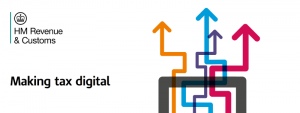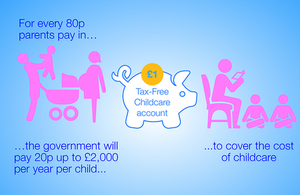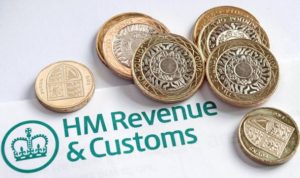New timetable for making tax digital
![]()

The government has announced a revised timetable for the introduction of Making Tax Digital for Business
MTDfB introduces extensive changes to how taxpayers record and report income to HMRC. Unincorporated businesses, including landlords, were expected to be the first to see significant changes in the recording and submission of business transactions but the government has announced a delay to the implementation of the new rules and some exceptions for smaller businesses.
Under MTDfB, businesses will be required to:
- maintain their records digitally, through software or apps
- report summary information to HMRC quarterly through their ‘digital tax accounts’ (DTAs)
- submit an ‘End of Year’ statement through their DTAs.
The new timetable is being introduced following concerns raised by the Treasury Select Committee, businesses and professional bodies about the implementation of the new rules and to hopefully ensure a smooth transition to a digital tax system.
The government has confirmed that under the new timetable:
- only businesses with a turnover above the VAT threshold (currently £85,000) will have to keep digital records and only for VAT purposes
- they will only need to do so from 2019
- businesses will not be asked to keep digital records, or to update HMRC quarterly, for other taxes until at least 2020.
This means that businesses and landlords with a turnover below the VAT threshold will not have to move to the new digital system.
The government has also confirmed that the proposed changes to VAT reporting will come into effect from April 2019. From that date, businesses trading above the VAT threshold will have to provide their VAT information to HMRC through Making Tax Digital software.


